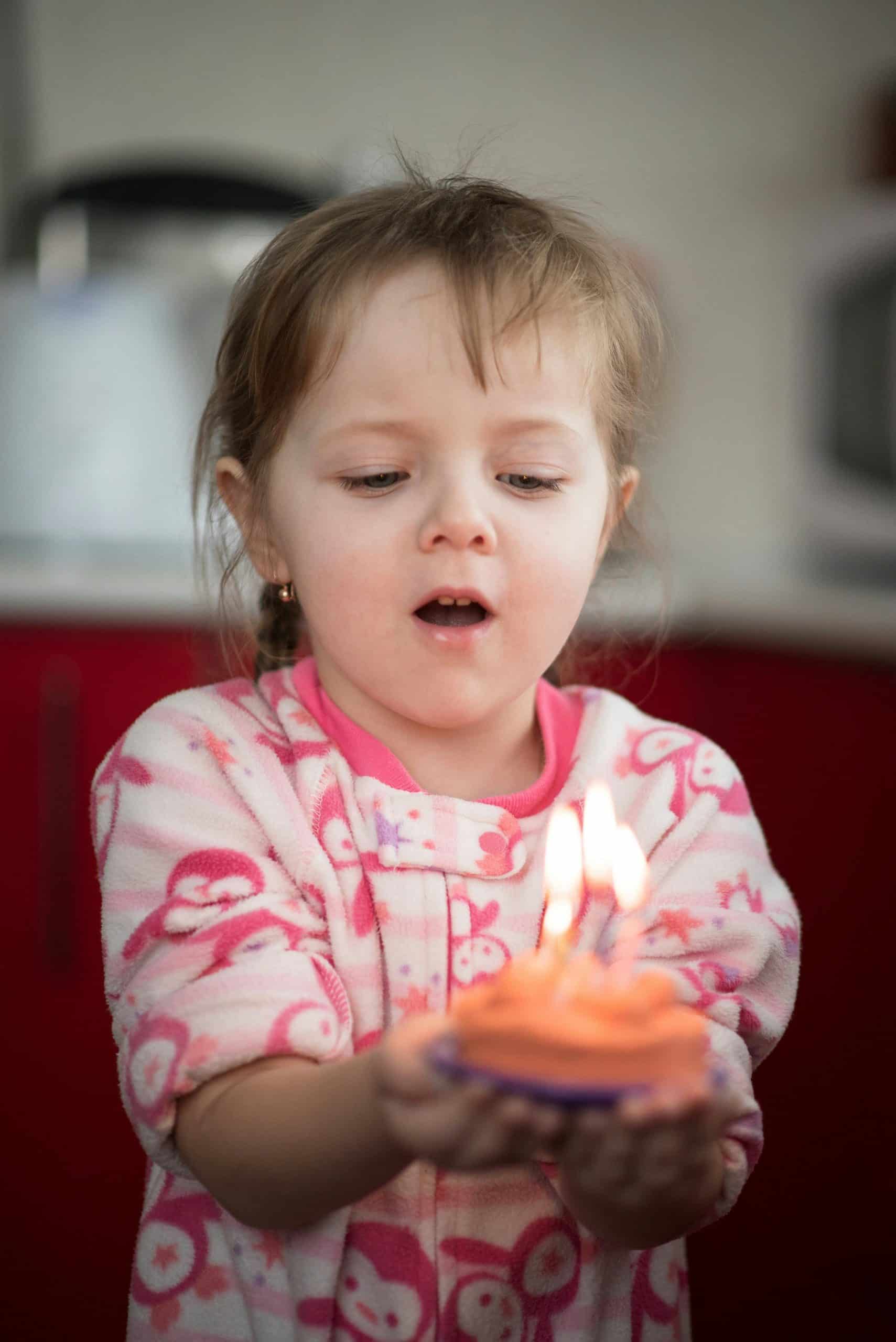Pregnancy brings joy but also stress, making emotional support vital. Art therapy offers a unique approach to stress management during this sensitive time. It promotes self-expression and emotional release, helping pregnant women navigate their feelings. Engaging in creative activities can alleviate anxiety, enhance well-being, and strengthen the connection between mother and child. Discover the transformative power of art therapy in improving mental health for expectant mothers in the UK.
Understanding Art Therapy
Art Therapy is a therapeutic practice that integrates creative expression with psychological healing. It operates on the principle that engaging in artistic activities can aid individuals in exploring emotions, resolving conflicts, and enhancing self-awareness. This form of therapy is particularly beneficial for stress management, offering a non-verbal outlet for emotions.
This might interest you : Traveling Abroad in Your Third Trimester: Insights from UK Guidelines
Pregnant women often face unique stressors, making effective stress management crucial. Hormonal changes, physical discomfort, and anxiety about childbirth can contribute to heightened stress levels. Art Therapy provides a safe space for pregnant women to express their feelings and manage stress without the need for verbal communication, which can sometimes be difficult.
During pregnancy, addressing mental health is vital not only for the well-being of the mother but also for the developing child. Unmanaged stress can lead to complications such as preterm birth or low birth weight. Incorporating Art Therapy into prenatal care can be a proactive step in maintaining mental health. Techniques such as drawing, painting, or sculpting allow pregnant women to explore and process their emotions, leading to improved mood and reduced anxiety.
In the same genre : Essential Dietary Tweaks in the First Trimester: A Guide for UK Mothers-to-Be to Alleviate Digestive Troubles
By fostering a deeper connection with their inner selves, pregnant women can achieve a balanced mental state, which is essential for a healthy pregnancy and beyond.
Research Findings on Art Therapy and Pregnancy
Art therapy has been the focus of numerous Art Therapy Research studies, particularly concerning its impact on pregnant women. These Pregnancy Studies have consistently highlighted how engaging in creative activities can significantly reduce stress levels. For instance, research conducted by the Journal of Maternal Health found that 75% of pregnant participants reported a noticeable decrease in anxiety after just a few sessions of art therapy.
The Mental Health benefits of art therapy extend beyond stress reduction. It plays a crucial role in enhancing emotional well-being. Studies have shown that pregnant women who participate in art therapy sessions experience improved mood stability and a greater sense of self-awareness. This is particularly important as maternal mental health directly influences both the mother and the developing child.
Statistical evidence supports these findings. A study published in the International Journal of Prenatal Psychology revealed that 80% of women who engaged in artistic expression during pregnancy experienced a marked improvement in their overall mental health. This suggests that incorporating art therapy into prenatal care could be a valuable tool in managing stress and promoting psychological resilience. By focusing on creative expression, pregnant women can foster a nurturing environment for both themselves and their unborn child.
Techniques Used in Art Therapy
Exploring various Art Therapy Techniques can offer diverse pathways for emotional healing and self-discovery. Common methods include drawing, painting, and sculpture, each providing unique benefits and allowing individuals to express emotions that might be challenging to articulate verbally.
Creative Expression
Engaging in creative expression through these techniques facilitates emotional release. For instance, drawing can help individuals visualise and process their thoughts, while painting allows for a more fluid exploration of feelings. Sculpture, on the other hand, offers a tactile experience, grounding individuals in the present moment and fostering a sense of physical connection to their emotions.
Therapeutic Methods
The role of therapeutic methods in art therapy can vary between guided sessions and independent art-making. Guided sessions, led by a trained therapist, provide structure and support, helping individuals navigate complex emotions and gain insights. They often involve specific exercises designed to target particular emotional or psychological challenges. In contrast, independent art-making empowers individuals to explore their creativity freely, promoting self-discovery and personal growth. Both approaches have their merits and can be tailored to suit individual needs, making art therapy a versatile tool for emotional well-being.
Expert Opinions and Testimonials
Insights from art therapy experts reveal that integrating art into prenatal care can significantly benefit mental health. These professionals, specialising in prenatal care, often highlight the therapeutic potential of creative expression. They note that engaging in art therapy can help pregnant women manage stress and improve emotional well-being.
Case Studies
Numerous case studies underscore the effectiveness of art therapy in prenatal settings. For example, one study documented how a group of pregnant women participated in art therapy sessions over several weeks. The findings showed marked improvements in mood stability and reduced anxiety levels. These outcomes suggest that art therapy can be a valuable tool in promoting mental health during pregnancy.
Patient Testimonials
Patient testimonials further illustrate the positive impact of art therapy. Many pregnant women report feeling more connected to their emotions and experiencing a heightened sense of self-awareness after participating in art therapy. One participant shared, "Art therapy allowed me to express feelings I couldn't put into words, helping me cope with stress and anxiety." Such testimonials highlight the personal and emotional benefits of engaging in creative activities.
Mental health professionals advocate for the inclusion of art therapy in prenatal care, emphasising its ability to provide a supportive and non-judgmental space for emotional exploration.
Benefits of Art Therapy for Pregnant Women
Art Therapy offers significant advantages for pregnant women, particularly in terms of stress relief and emotional well-being. Engaging in creative activities provides psychological and emotional benefits that are crucial during pregnancy. By participating in art therapy, pregnant women can experience improved coping mechanisms and resilience.
Emotional Well-being
Art therapy enhances emotional well-being by allowing expectant mothers to explore and express their feelings creatively. This process can lead to a deeper understanding of their emotions, which is essential for maintaining mental health during pregnancy. The non-verbal nature of art therapy makes it accessible for those who might find it challenging to articulate their emotions verbally.
Coping Mechanisms and Resilience
Pregnancy often brings unique stressors, and art therapy can improve coping mechanisms by providing a constructive outlet for stress. By engaging in activities like drawing or painting, pregnant women can develop resilience, helping them manage anxiety and emotional fluctuations more effectively.
Bonding with the Unborn Child
Art therapy can also enhance the bonding experience with the unborn child. As mothers engage in creative expression, they often find themselves more attuned to their pregnancy and the developing child. This connection can foster a nurturing environment, benefiting both the mother and the baby.
Practical Guidance on Accessing Art Therapy in the UK
Navigating the landscape of art therapy services in the UK can be streamlined with the right resources. To find qualified art therapists, consider consulting the British Association of Art Therapists (BAAT), which provides a comprehensive directory of certified professionals. This ensures that the therapists you engage with are properly accredited and experienced.
UK Resources
For those seeking therapy services, both online and local resources are available. The NHS offers referrals to art therapists as part of mental health support, while private practices provide more personalised options. Online platforms such as Therapy Directory can also connect you with therapists offering virtual sessions, which is particularly beneficial for pregnant women seeking convenient access to care.
Selecting the Right Program
Choosing the right art therapy program involves several considerations:
- Credentials: Verify the therapist's qualifications and experience.
- Specialisation: Look for therapists specialising in prenatal care.
- Approach: Consider whether you prefer guided sessions or independent art-making opportunities.
By utilising these resources and tips, pregnant women can effectively access art therapy, providing a supportive avenue for emotional and mental well-being.
Integrating Art Therapy into Prenatal Care
Incorporating art therapy into routine prenatal care can significantly enhance the overall well-being of expectant mothers. This integrative health approach not only addresses physical health but also nurtures emotional and psychological aspects.
Holistic approaches in prenatal care emphasize the importance of treating the whole person. By integrating art therapy, healthcare providers can offer a more comprehensive care plan that supports mental health alongside physical wellness. This collaboration between healthcare professionals and art therapists ensures that pregnant women receive tailored support that aligns with their unique needs.
Engagement in art therapy can be facilitated through both individual and group sessions. Group sessions, in particular, provide an opportunity for community support, allowing pregnant women to share experiences and emotions in a safe and supportive environment. This can foster a sense of belonging and reduce feelings of isolation often experienced during pregnancy.
Healthcare providers can work closely with art therapists to develop personalized programs that incorporate creative expression into prenatal care. This partnership ensures that art therapy is seamlessly integrated into the overall care plan, providing pregnant women with a robust support system that enhances their emotional and psychological resilience during this transformative period.
Challenges and Considerations
Navigating the challenges in art therapy for pregnant women requires understanding various barriers and considerations. One common barrier is the availability of services. Not all regions have ample access to trained art therapists, making it difficult for some women to participate in these beneficial programs. Additionally, the cost of private sessions can be prohibitive for those without insurance coverage or financial resources.
Considerations for pregnant women include understanding how art therapy may interact with specific mental health conditions. Women with conditions such as severe anxiety or depression may require tailored approaches to ensure that their therapy is both effective and safe. It's crucial for therapists to collaborate with other healthcare providers to create a comprehensive care plan.
Addressing misconceptions about art therapy is also vital. Some may view it as merely recreational rather than therapeutic. However, art therapy is a structured intervention that can significantly impact mental health. Educating both potential participants and healthcare professionals about its benefits can help mitigate these misconceptions. By recognising these challenges and considerations, pregnant women and their healthcare teams can make informed decisions about integrating art therapy into their care plans.
Future Directions in Art Therapy Research
Exploring the future of art therapy reveals promising avenues for advancing therapeutic practices, particularly for pregnant women. Despite the growing body of research, there are still notable research gaps that need addressing to enhance the efficacy and accessibility of art therapy.
One area requiring further investigation is the long-term impact of art therapy on maternal and child health. While short-term benefits are well-documented, understanding how these effects persist postpartum remains crucial. Additionally, research into the specific needs of diverse populations can ensure that art therapy is inclusive and culturally sensitive.
Emerging trends in art therapy include the integration of digital tools. Digital art therapy offers innovative opportunities for pregnant women who may face barriers to accessing traditional in-person sessions. Virtual platforms can provide flexibility, allowing expectant mothers to engage in therapy from the comfort of their homes. This is particularly beneficial for those with mobility issues or living in remote areas.
Moreover, advancements in technology could lead to the development of personalised art therapy programs. By analysing individual preferences and responses, therapists can tailor sessions to maximise therapeutic outcomes. The continued evolution of art therapy promises to enrich prenatal care, fostering emotional well-being for both mothers and their unborn children.
















